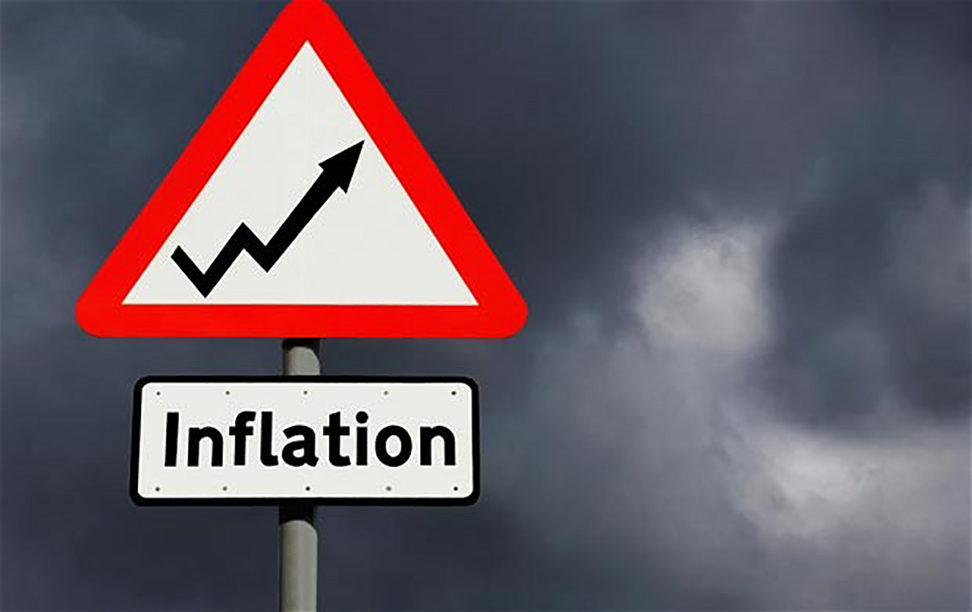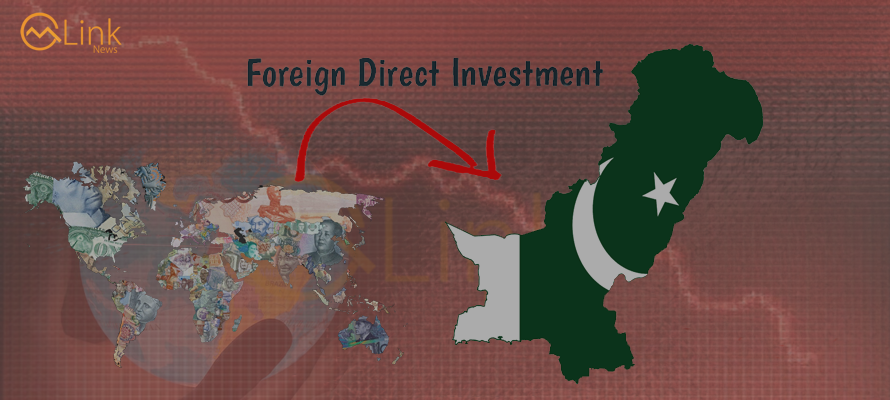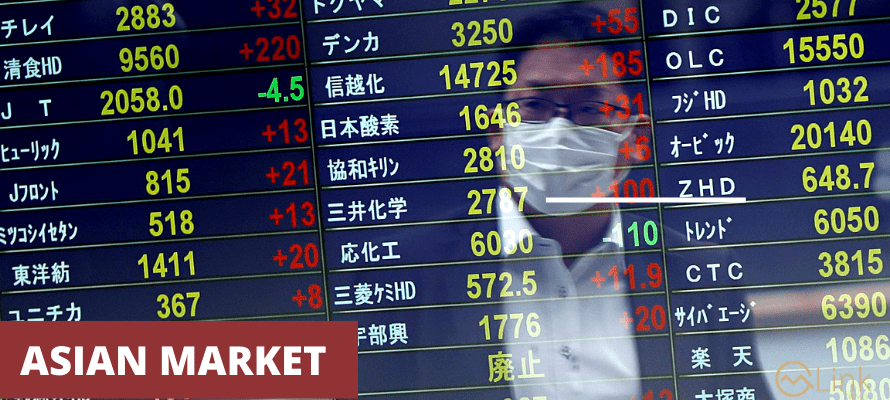February 12, 2024 (MLN): India’s restrictions on rice exports have already sent ripples around the world. Those curbs may now be extended, threatening to keep food inflation in many countries higher for longer, as Bloomberg reported.
The world’s top shipper started restricting sales of key varieties last year to help keep local food prices in check ahead of national elections.
But this week, Bloomberg News reported that the government is considering extending an export tax on the parboiled type beyond March.
The impact of existing measures is evident in the high cost of the staple that’s vital to the diets of billions of people in Asia and Africa, home to some of the world’s poorest countries.
Benchmark Asian prices are near a 15-year high. India’s exports of the grain to its major markets have slumped from usual levels, especially in sub-Saharan Africa, according to recent analysis from the International Food Policy Research Institute.
For example, in the four months through November, India’s exports to West Africa slid some 54% from a year earlier.
Shipments to East Africa and Central Africa dropped 58% and 80%, respectively, the Washington-based IFPRI said in a note.
“Rice-importing countries in sub-Saharan Africa have felt the greatest impacts, scrambling to find alternative sources,” said the note’s authors Joe Glauber and Abdullah Mamun.
Seeking Alternatives
Outside of Africa, nations are finding other sources. The Philippines, one of the world’s biggest rice buyers, recently struck a five-year import agreement with Vietnam.
Indonesia’s state-owned food logistics company Bulog signed a contract with Vietnam, Myanmar, and Pakistan.
About half of the global population relies on rice for daily diets. The key question now is how long India's export curbs will remain in place.
If exports continue at their current sluggish pace beyond India’s elections in the coming months, it will likely result in higher prices and more pressure on rice-importing nations, the IFPRI warns.
Prime Minister Narendra Modi’s government is mulling keeping the export levy for the parboiled variety at 20%, according to people familiar with the matter.
There’s no immediate proposal to ban parboiled exports, the people said. The tax is currently due to expire March 31.
There is one positive, though. Forecasts project that the current El Niño weather pattern will wane over the next few months, and that offers some hope for improved future rice production, the IFPRI said.
Copyright Mettis Link News
Posted on: 2024-02-12T13:17:26+05:00







